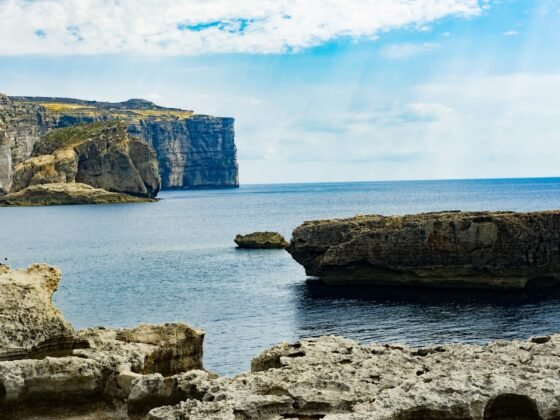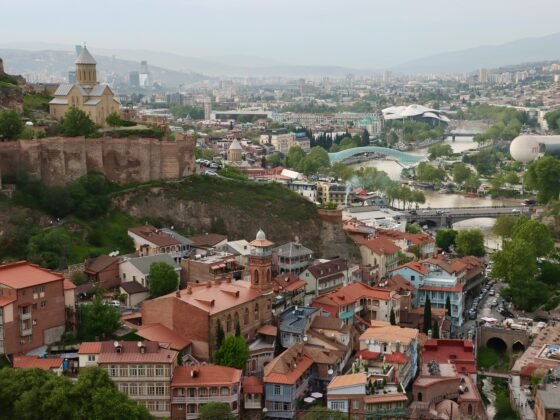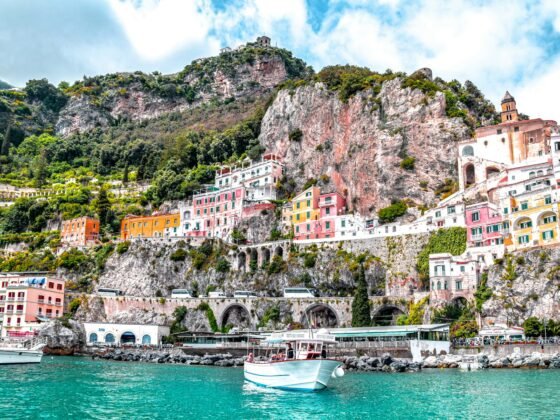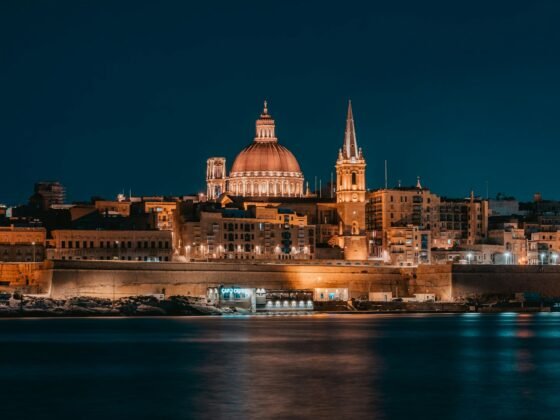When I had occasion to cross the English Channel from Le Havre to Southampton, I was not only heavy with child, but full of delight because I was finally on my way to South Africa after several anxious months trying to get home. Finally my husband’s Visa came through, and on the 9th December 1965 we caught the train from Saint Lazar to Le Havre, and boarded the ferry to cross to Southampton where our ship home was berthed. But smooth sailing wasn’t to be our fate yet.
Taking into consideration my condition, we had booked a cabin for the journey, but I took the opportunity to sit at the bar chatting away to the people around us as the boat made its way across those difficult waters. Glowing with excitement at being able at long last to speak to other English people, since my French speak was almost nil, it was not until I realised that many people had disappeared to their cabins that I became aware that we were experiencing very choppy seas and soon I was holding onto the food in my stomach for dear life.
‘I think it is better we go to the cabin now, and lie down,’ Shalom said, and helping me stagger along the tilting deck, he slid the door of our cabin open, and assisted me onto the bunk.
For several hours, I fought the sickness that kept rising in me, as I slid from one end of the bunk to the other….up and down, up and down…and then as the darkness began to disperse, I woke from an uneasy sleep to the sound of a bell ringing.
Shalom, a seaman of many years, had recognised the alarm, and was already up as I asked rather fuzzily ‘What’s that?’
He switched on the light to reveal at least four inches of water on the floor.
‘Oh my God!’ I gasped, sea-sickness forgotten in the fear that the boat was sinking.
Sliding open the door, we found the deck was awash, so we hurried as fast as we could to the main area, only to find everything in a terrible state. The boat had been through a Force 8 storm, with wind and waves so strong they had broken through the thick glass of the front windows, and the angry seas had come sweeping through the dining room and lounge, washing everything before it, and breaking woodwork on walls and ceiling. Then a piece of glass had hit the fire alarm and set it off, thus immediately alerting everyone on board.
Fortunately, that seemed to be the full extent of the problem. The only casualty was the unfortunate First Officer. Trying to stop an electric polisher that had broken free from its moorings and was sliding wildly on the flooded and constantly tilting deck, he got in its way, and the result was a broken leg, but a captured polisher.
The ferry had to cut speed in order to allow a preventative screen to be hastily erected over the broken windows, so we arrived three hours later than scheduled. However, when we limped into Southampton, the skies were clear, with no sign of the storm which could so easily, have ended our journey home right there and then.
S Friedman










